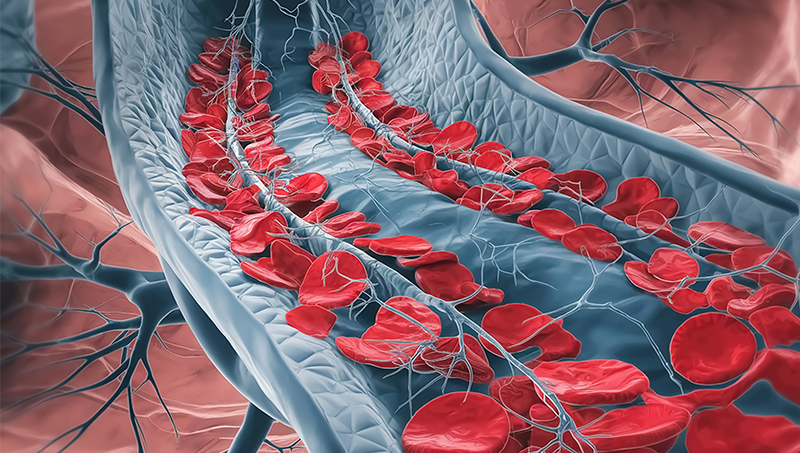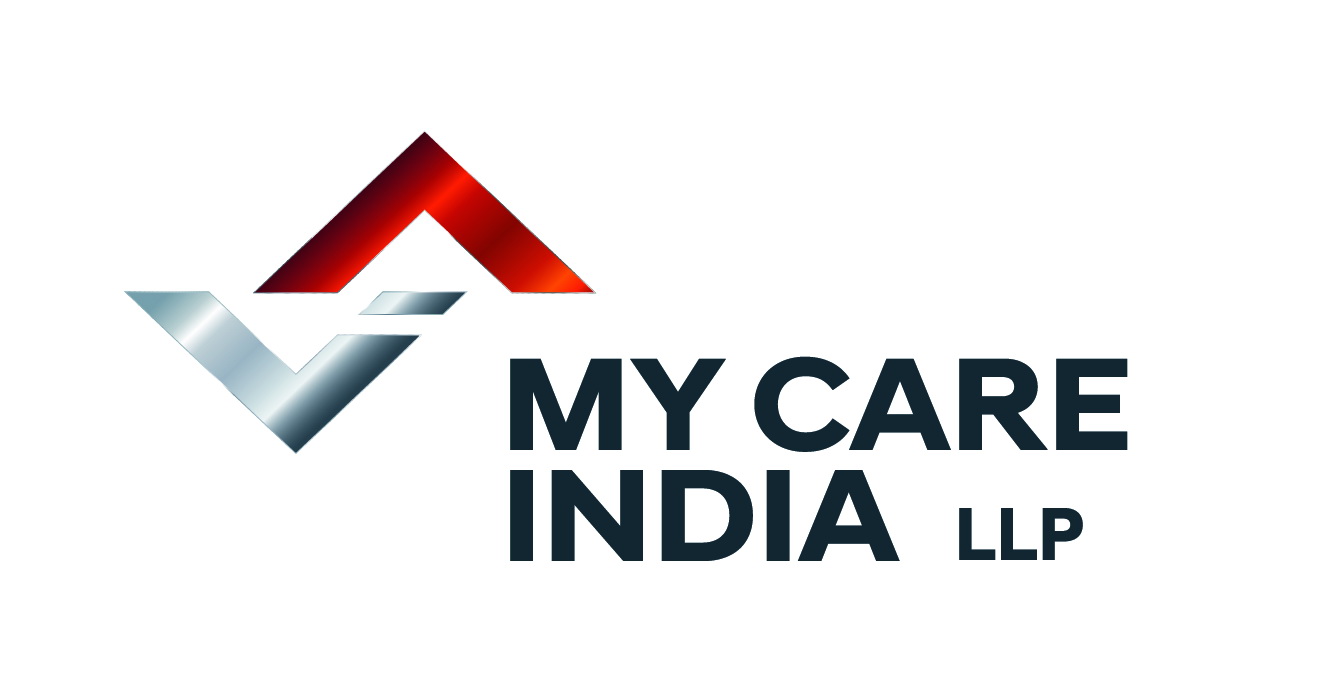
Blood clots are serious diseases that can cause DVT, pulmonary embolism, and stroke. Unbeknownst to many, there is an ever-increasing number of people in India requiring surgery for blood clot. My Care India, the best medical tourism company in the country, helps you effectively overcome this illness with the best blood clot treatment so that you may live a normal and fulfilling life. In this blog, we shall explore the health care system, the types of blood clot surgeries that Indian hospitals undertake, and what a patient may expect when hospitalised in India.
Understanding Blood Clots: Blood clots are created through the process of thickening blood that clumps together. They are generally caused due to inactivity, surgery, or other medical conditions. Even as some of the clots dissolve on their own, other clots will need to be operated on, especially when they risk serious health consequences.

Types of Surgeries for Blood Clot
1. Thrombectomy
In this surgical procedure, a blood artery clot is evacuated. It is primarily followed in patients with DVT or when clots are hindering the free flow of blood, leading to tissue ischemia. The procedure can be carried out through minimally invasive procedures, which are increasingly becoming common in India's high-tech medical institutions, or more traditional open surgery.
Stenting and Angioplasties:
Balloon catheter angioplasty often requires the use of a balloon catheter to unclog blocked arteries, and it often involves the positioning of a stent to keep the artery open. This surgery is very vital to patients due to their suffering from blood clots or heart attacks that result in chest pain.
3. Catheter-Paced Thrombolysis
This minimally invasive treatment delivers drugs that dissolve clots directly into the location of the clot via a catheter. It might reduce recovery time and is effective, particularly for bigger clots. Compared to conventional surgeries, patients usually get fewer pains and faster recovery.
The Medical Landscape in India
India's health care facility has made tremendous strides and is quite advanced in major cities, such as Chennai, Bangalore, Delhi, Mumbai, and others. Modern facilities with state-of-the-art technology and very qualified vascular surgeons are easily available. Accredited to international standards, the institutes provide high-quality of care.
Preadmission Care and Care After Surgery
Preoperative Care: Here, the physician does an all-around assessment to determine where the clot is and what the patient will be going to be like as a whole. This involves some imaging tests, including CT scans ultrasounds and blood tests.
Postoperative care: After the surgery’s conclusion, patients are monitored for complications. To avoid further clot formation and enhance their post-surgery recovery, they may be given a kind of anticoagulant. They are often told to alter their diet and perhaps improve their lifestyle.
Conclusion
As more people in India gain access to advanced surgical techniques and specialized care, blood clot surgery in the country is becoming increasingly sophisticated. Being able to contact medical specialists in a timely manner may lead to improved results and better treatment of those at risk or already showing symptoms. My Care India hopes to foster a brighter future for blood clot management in India by imparting knowledge amongst the general people and helping patients get in touch with advanced technology for Blood Clot surgery.





